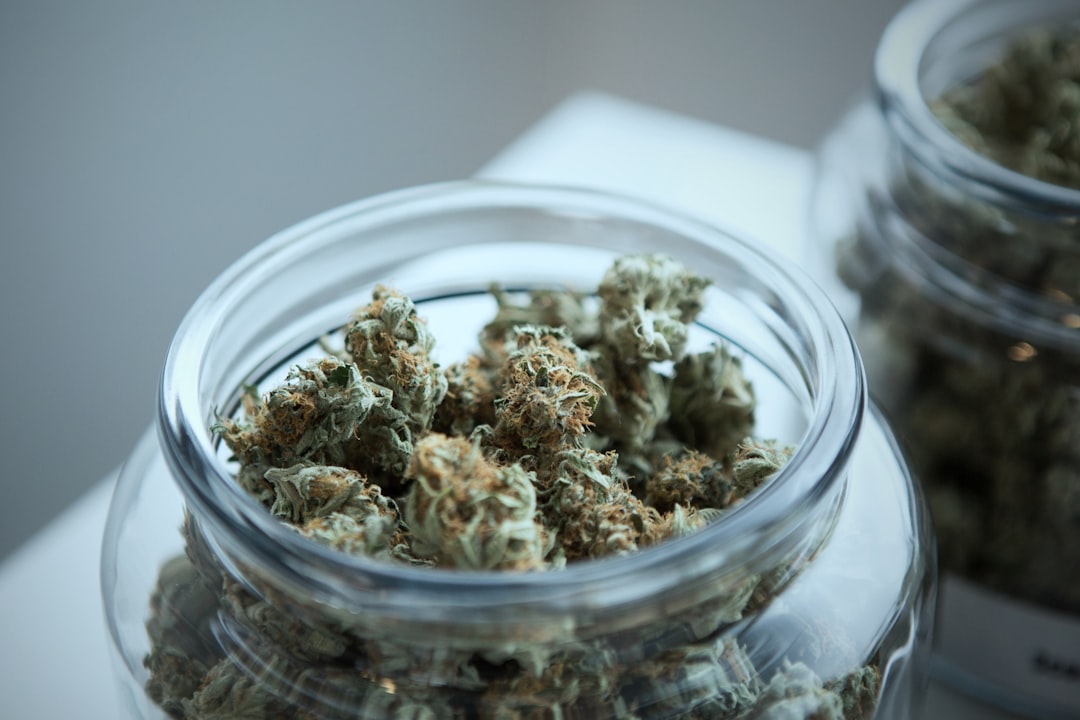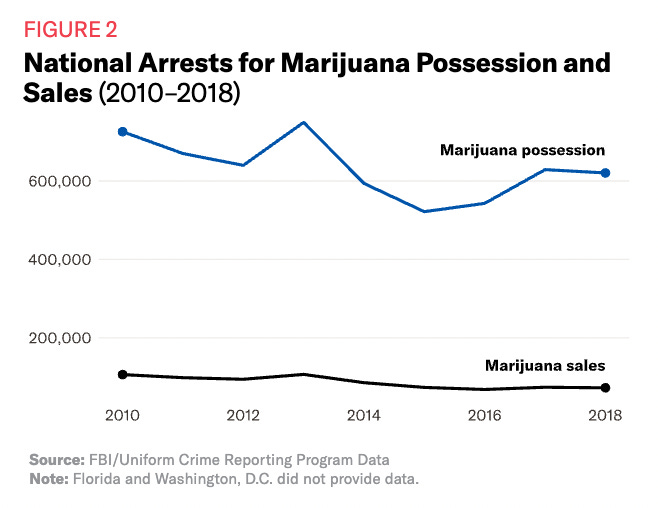Biden's marijuana moves: The good, the bad, and the ugly
President Biden issued a mass pardon for marijuana possession convictions. A great step, the action nonetheless excludes undocumented immigrants and highlights the key role of states in the drug war.
On Thursday, President Biden announced an important series of steps — including a mass pardon — relating to marijuana possession criminalization and marijuana decriminalization.
Before we go into the long weekend, here’s a look at what happened.
THE GOOD: The mass pardon is great news.
Executives underutilize their clemency power — particularly those who acknowledge the failings and overcriminalization of our criminal legal system today. Almost any rational mass pardon in such a system is going to be good news. It’s particularly so here, where the offense at issue itself is no longer a crime under many states’ laws and its criminalization is opposed by a majority of Americans.
White House officials say that more than 6,500 US citizens have been convicted of “simple possession of marijuana under federal law” over the past 30 years. And Biden is pardoning them.
The pardon also applies to violations under DC Code, a move that greatly expands the effect of the pardon and that Biden is able to take due to DC’s federal status. (That said — to jump up on a soapbox — Biden likely wouldn’t have even had to take this step if DC were a state — because we already could have taken care of this on our own.)
The scheduling review, while just a first step toward descheduling marijuana — removing it from the federal drug schedule — is also a significant first step that no prior administration has even considered. Biden explained this initial step:
Drug Policy Alliance Executive Director Kassandra Frederique noted why actually descheduling marijuana — so, a further step — matters:
THE BAD: The bad news here is that this gets no one out of prison, as the administration acknowledges.
Perhaps more importantly, this is just the tip of the iceberg. Almost all marijuana arrests and convictions are under state law, as the ACLU detailed in an extensive 2020 report.
In his moves yesterday, Biden did urge governors to take similar action. But, not every governor has full pardon power and many (primarily Republican governors) just won’t want to take this step.
Also, per the terms of Biden’s order, certificates of pardon are only going to be issued to those who apply. This could dramatically limit who will actually benefit from these pardons, unless significant outreach is undertaken to ensure that eligible individuals know that they can get a pardon certificate.
THE UGLY: Finally, there is a real ugly part of this move.
Biden — three times in the four-paragraph order — makes clear that non-citizens who do not have legal status (i.e., lawful permanent residents) are excluded from his pardon.
As Cato’s David Bier put it on Twitter, “Why on Earth did he feel the need to do that? I am gobsmacked.”
In his statement announcing the pardon, Biden said, “Criminal records for marijuana possession have also imposed needless barriers to employment, housing, and educational opportunities. And while white and Black and brown people use marijuana at similar rates, Black and brown people have been arrested, prosecuted, and convicted at disproportionate rates.”
Despite that, Biden apparently believes the essentially insurmountable barrier that a marijuana conviction would impose on any immigration possibility for a person should remain. And he said so through his pardon language even while touting the importance of this step in helping address racial disparities in the criminal legal system.











